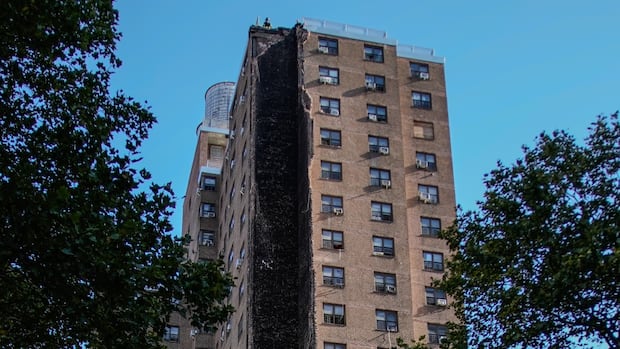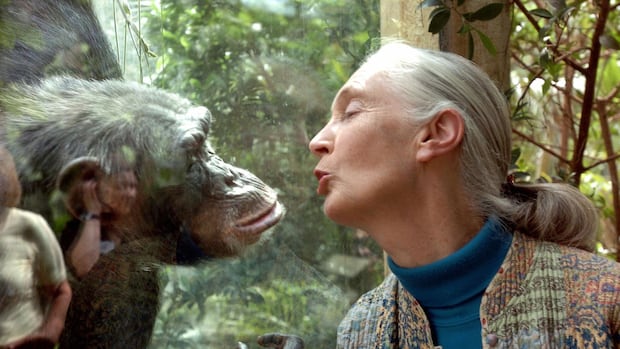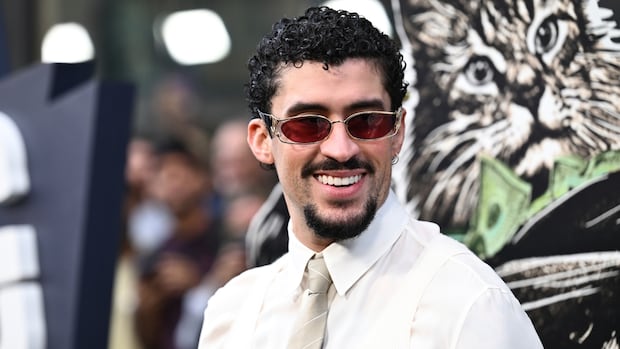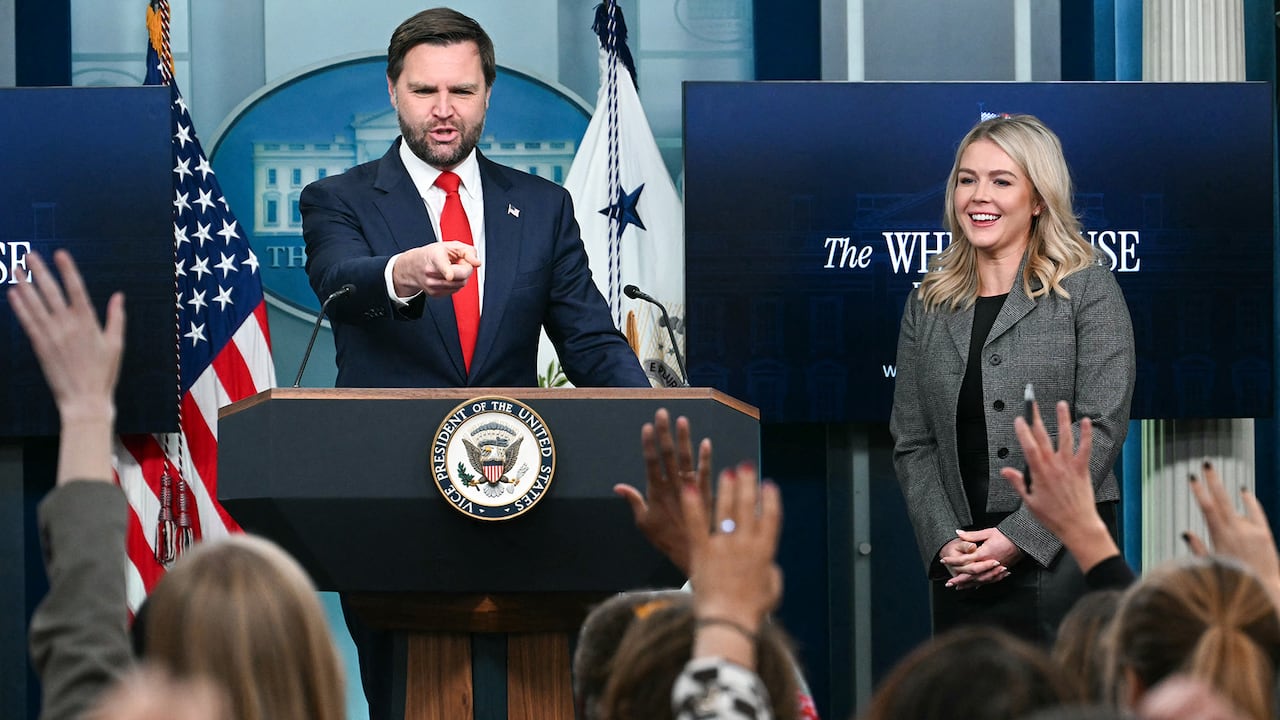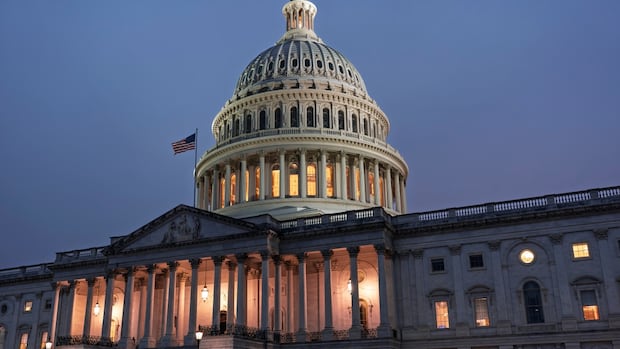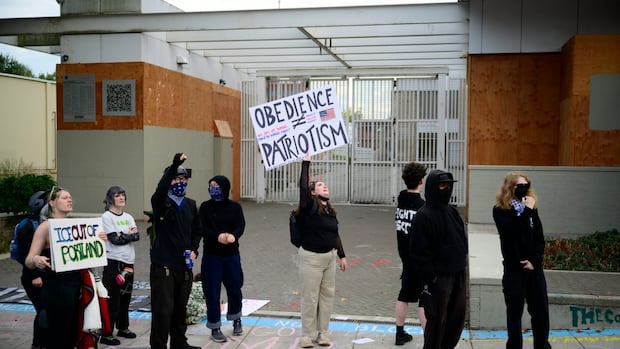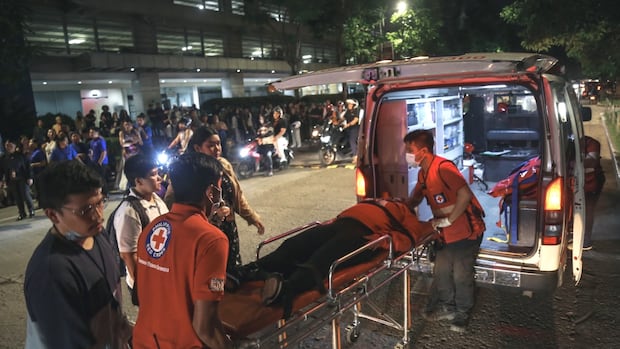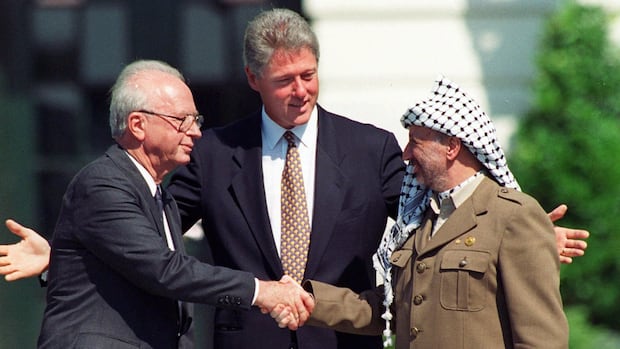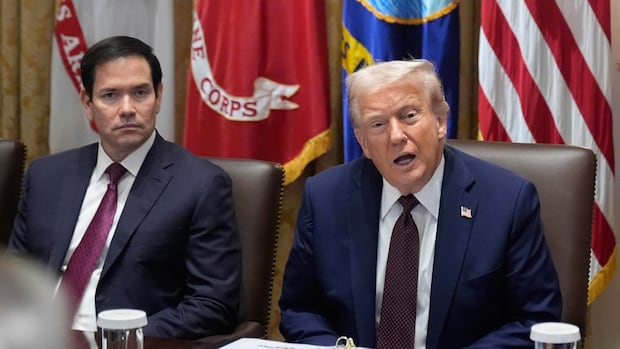Canada will not step away from the challenges of an increasingly complex world, Foreign Affairs Minister Anita Anand told the United Nations General Assembly on Monday.
"When multilateral institutions are under threat, Canada will not turn inward," Anand said in a speech that melded humanitarian and security concerns with Ottawa's quest to secure foreign investment.
"We will work toward a world where prosperity is shared, security is collective and peace is lasting. This is Canada's pledge in this era of geopolitical challenge and change."
Anand also said Canada wants to be part of creating a lasting peace between Israel and Palestine.
"We support partners in the region who continue their efforts to reach a ceasefire as soon as possible, and to contribute to the political processes that must follow," she said. "Canada will participate in these processes in every way that we can."
Anand's speech came just ahead of news that U.S. President Donald Trump and Israeli Prime Minister Benjamin Netanyahu had agreed to a plan to end the Israel-Hamas war and had presented the deal to Hamas.
In an interview with The Canadian Press following her speech, Anand said Canada could try selling a plan for peace to its peers.
WATCH | Is the UN still relevant?: As the United Nations begins its 80th session, the international organization is facing tough questions about its relevancy. For The National, CBC’s Kris Reyes asks: is the UN still living up to its promise to save future generations from the scourge of war?"I have had several conversations with [Secretary of State Marco] Rubio over the past week, about the way in which Canada can play a role in contributing to the peace process," she said.
"Secretary Rubio specifically asked me to help lead in bringing more and more countries on side."
She said she is working with Rubio on shared concerns, such as ending Haiti's gang crisis, ensuring lasting peace in Ukraine and "ensuring that Hamas has no role in the future governance of Palestine."
WATCH | Former Canadian ambassador to Israel comments on Trump's plan: Israel's prime minister says he has agreed to a U.S.-sponsored Gaza peace proposal. While Hamas has yet to agree, Canada's former ambassador to Israel calls the move a 'hopeful' one to potentially end the nearly two-year war.Anand's comments come a week after Prime Minister Mark Carney acknowledged that some are looking to Canada to be part of a force to help secure Gaza after the war ends.
"There are many proposals from a variety of Arab states, a combination of Arab states and European states, to which Canada would be party if they were to come to pass, for multinational forces to be deployed in Palestine, to enforce a peace," Carney said on Sept. 22.
Anand spoke at the UN on behalf of Canada instead of Carney, who was originally scheduled to take to the green marble podium on Monday. Carney was listed in the July drafted schedule, but was later removed.
Federal officials told reporters that this was because Carney had events in New York scheduled at the start of the annual high-level week, and it would have required him to leave and then return to give Canada's speech.
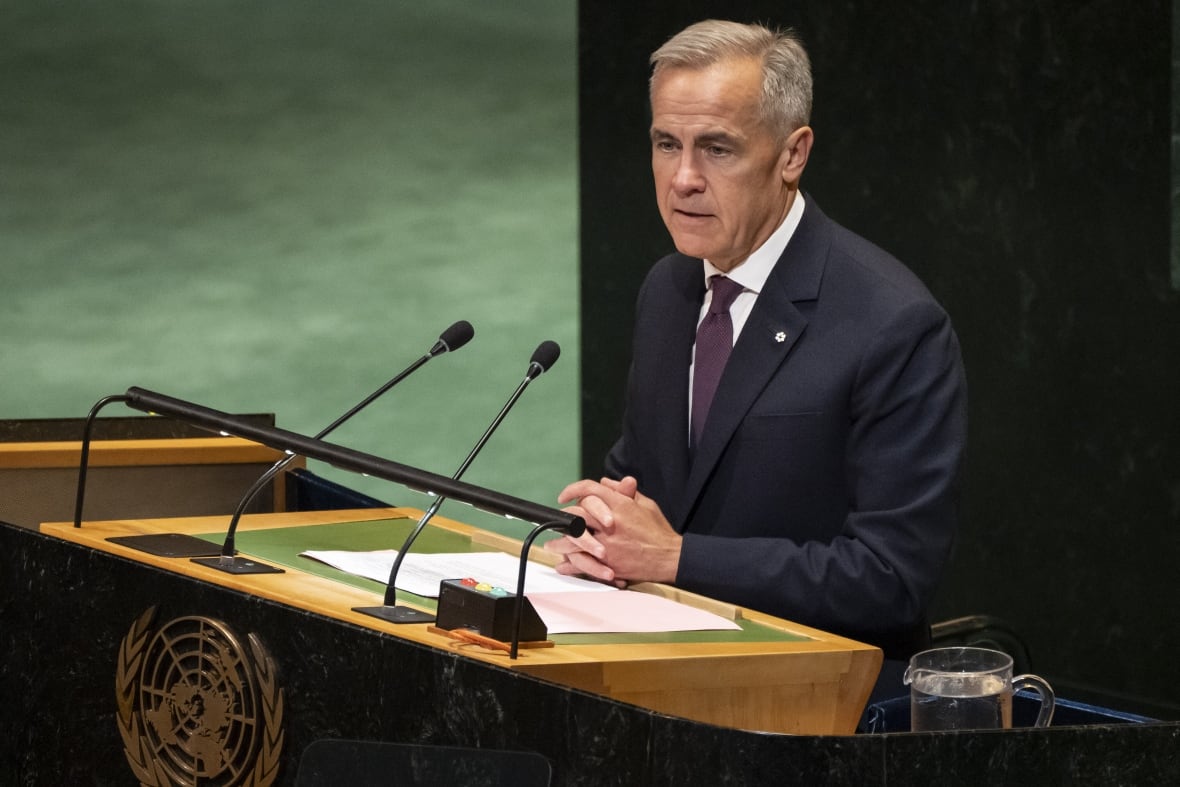 Prime Minister Mark Carney was at the United Nations last week, where he said Canada was officially recognizing the state of Palestine. (Yuki Iwamura/The Associated Press)
Prime Minister Mark Carney was at the United Nations last week, where he said Canada was officially recognizing the state of Palestine. (Yuki Iwamura/The Associated Press)Anand said Ottawa has three priorities in its foreign policy, with the first being strengthening defence through the North American Aerospace Defence Command (NORAD) and NATO.
The second priority is economic resilience, with diversified supply chains and making Canada "an attractive destination for international capital."
She said the trade deals Canada has signed in recent years — both in multi-country blocs and directly with countries like Indonesia last week — are meant to shore up a rules-based global trading system that is under attack.
Anand did not name Washington or Beijing as having a role in eroding these systems.
"These are not just trade agreements. These are bridges of resilience, engines of prosperity and commitments to the rules-based system that benefits us all through multilateralism," she said.
The third priority involves balancing the other priorities with core values involving human rights, gender equality, environmental protection and Indigenous rights, particularly in the Arctic.
Anand defended international agreements, including the 1951 Refugee Convention that Washington wants to reform to have much more restrictive rules around who can claim asylum.
WATCH | What Bob Rae thinks UN critics get right — and wrong: Outgoing Canadian ambassador Bob Rae tells CBC News Chief Correspondent Adrienne Arsenault what critics get right and wrong about the United Nations — and what needs to change to keep the 80-year-old international organization effective today.She also mentioned the Ottawa Treaty, which banned landmines in most countries but which multiple European countries bordering Russia are now seeking to exit, over concerns Moscow will seek more territory.
Her speech comes at a time when the UN faces serious cutbacks, largely due to the U.S. drawing down its financial support, just as developing countries call for more sway over agencies dominated by Western powers.
Anand told The Canadian Press her comments about the Refugee Convention were drafted before the U.S. publicly started pushing to overhaul global asylum rules.
She also paid tribute at the podium to outgoing UN Ambassador Bob Rae "who has provided a lifetime of dedicated service to our country [and] helped to build these multilateral institutions," prompting applause from the chamber.
Rae will step down in mid-November after five years in the role. He is being replaced by former justice minister David Lametti, who most recently served as Carney's principal secretary.


